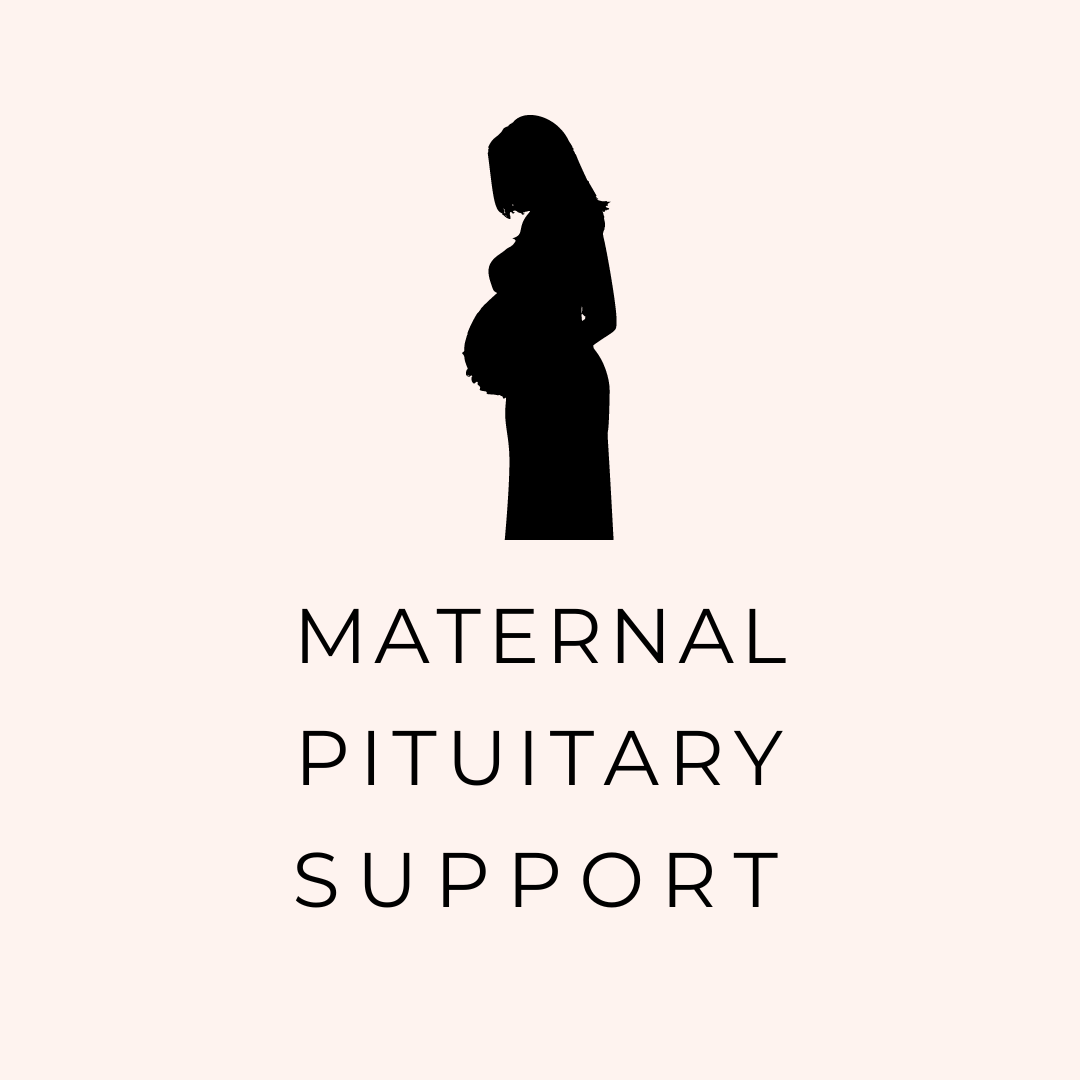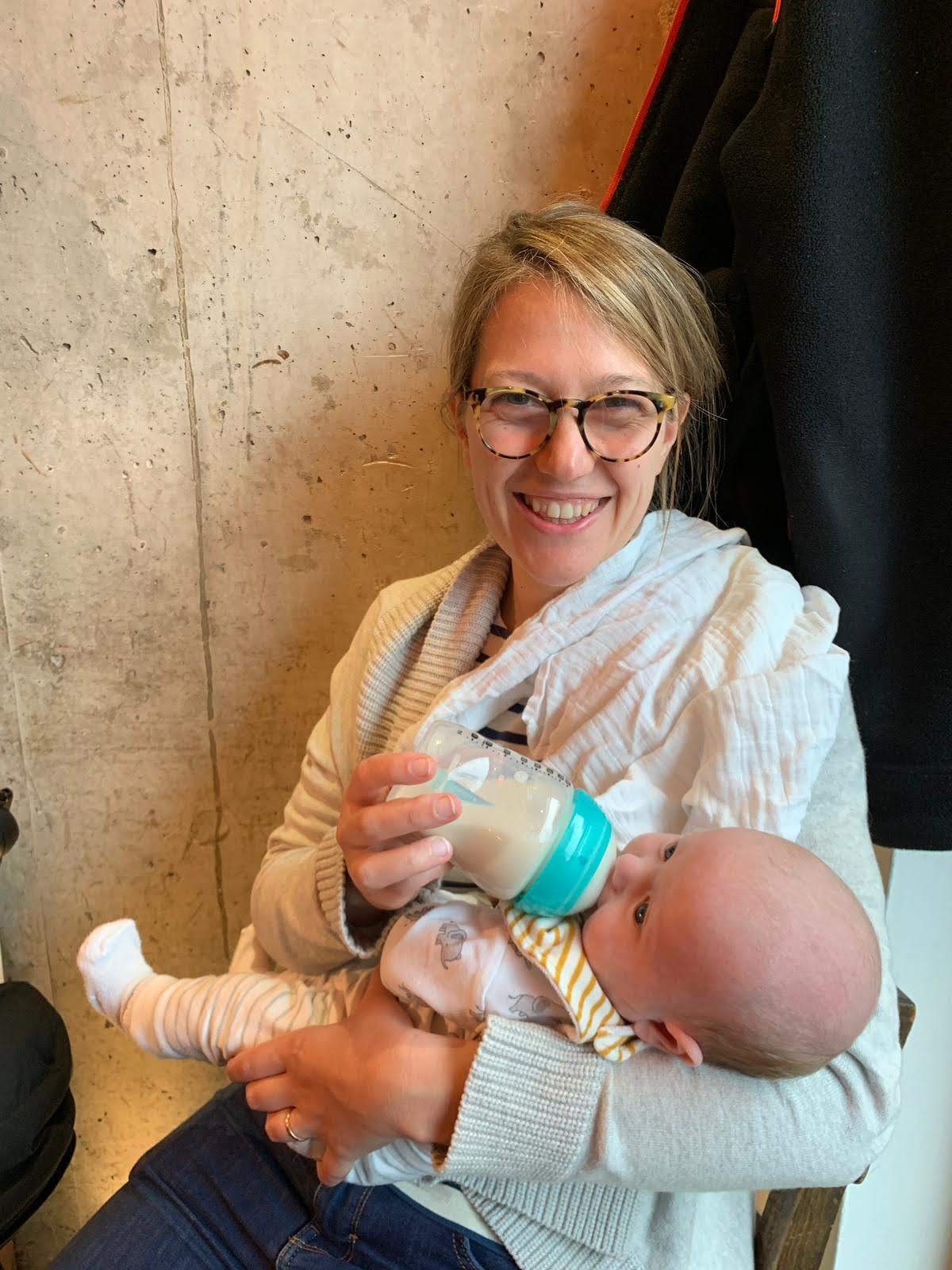We bottle fed our son to keep him safe
I didn’t plan to bottle feed my baby. We didn’t buy bottles or formula before he arrived. I naively assumed breastfeeding would be straightforward enough. My pregnancy had been easy; I wasn’t nervous about labour; I don’t think I was even all that worried about becoming a mother. I approached the arrival of our son with a cheerful naivety and an easy optimism.
And so when he was born with a rare genetic metabolic condition my equilibrium faltered. Those fearful early days which saw our son spend the first week of his life in intensive care, as doctors scrambled for a diagnosis, and we clung on as best we could, had not been part of the plan.
At two days old our son had what we now know was a metabolic crisis caused by him not getting the sustenance from my breast milk that he needed. All tiny babies need to feed well, of course, but we had no idea just how critical good feeding was for our son. My attempts to breastfeed our son, far from being ‘best’ for him, as the adage goes, had harmed him awfully. He would not have become poorly had he been bottle fed.
As he recovered in PICU at the Evelina children’s hospital, we realised that breastfeeding was no longer an option. His diagnosis meant that we needed to know exactly how much milk he was consuming, and so, having ruled out the rigmarole of endless expressing, formula feeding was the only way to keep our son safe.
I hadn’t expected to feel such a profound grief at not breastfeeding my child. I’d assumed I’d be able to, but I hadn’t felt ideologically wedded to the idea before he was born. I’d breastfeed him if I could, and if not, well that would be fine too. But the reality of not being able to was much more difficult than I had imagined.
I felt a strange shame at bottle feeding my baby, despite knowing it was in his best interests. At his first immunisations, I watched another mother come out of the doctor’s office, breastfeeding her baby to provide the nurture and comfort that I felt I couldn’t provide for my child. The bottles felt enormous, clunky and unnatural. The sterilising was endless and worrying. Were we doing it right? Information sheets from the NHS on bottle feeding unkindly referred to ‘artificial’ feeding. I felt awful and angry that new parents should be shamed in this way. I looked on with envy at my friends who so easily, it seemed to me, breastfed their babies.
But of course that’s not the full picture at all. Breastfeeding comes with its own array of challenges, as I have learned breastfeeding my youngest son. And bottle feeding has many advantages. It meant that my husband and I were much more equal partners in his upbringing. Our son wasn’t solely dependent on me for his sustenance. We shared the night feeds (something I was utterly flummoxed by when navigating the nights alone with our youngest son), and bottle feeding provided an equal opportunity for both of us to bond with him. He has not suffered constantly with illness after illness as those who evangelise on the benefits of breastfeeding might have you believe.
There is too much judgement and expectation around feeding babies. We can’t always know the full story and there are many reasons why parents might choose to bottle feed rather than breastfeed. Support is essential, whether that’s to pursue breastfeeding or to embrace bottle feeding. For me, the non-judgemental, openhearted solidarity of my NCT friends was a lifeline. One dear friend sent me long voice notes whilst we were still in hospital, helping me through what seemed then like the minefield of formula and bottle feeding; she told me some tips and tricks, and most of all reassured me it would all be ok.
And so it was. We bottle fed our son to keep him safe, and now, just turned three, he is a sparky, joyful and healthy little boy.

